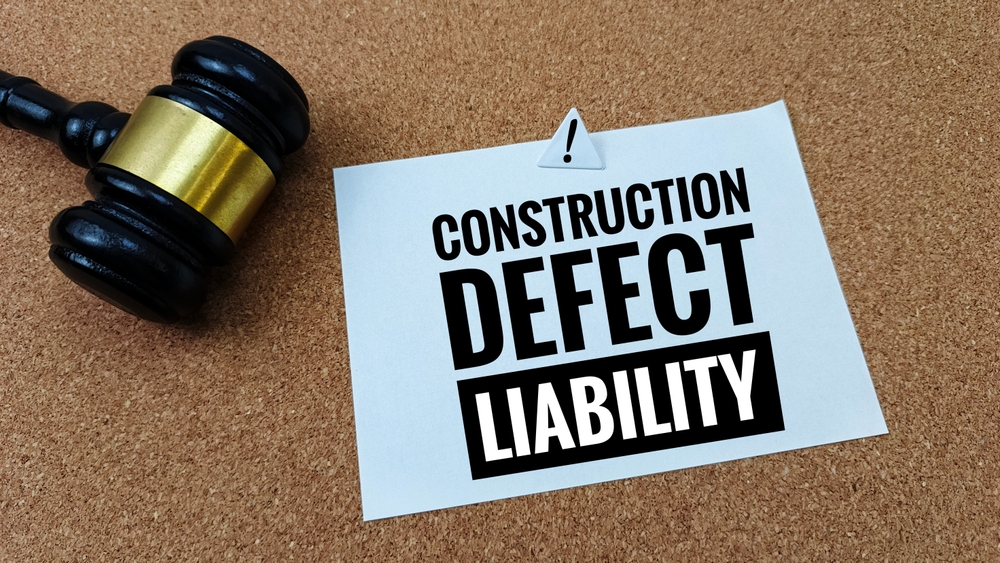

The second set of contract terms that require your attention when you are reviewing the contract from your general contractor are the safety terms, bond terms, delay terms, dispute resolution terms, and lien waivers.
A safety term in your contract can take many forms. Not only will you be required to comply with all OSHA regulations, but the general contractor can require you to do a multitude of other things. Usually, the subcontract is going to state that you shall take all reasonable safety precautions with respect to the scope of your work. This means that you will have to comply with any safety measures that are set out by the general contractor or owner. Some examples can include compliance with the general contractor’s site-specific safety policies, safety orientation programs, and drug testing. These additional policies could cause your company to incur more expenses for the project that you were not expecting. If the contract outlines that your company is responsible for the cost of drug testing every employee or subcontractor that is on the project, you need to plan accordingly. Not only should you try to negotiate your bid price, but you should also edit your subcontract agreements with your subcontractors so that they are responsible for the cost of their own employees. Understanding what you will be responsible for in regard to safety can protect your company’s bottom line.
Usually, a general contractor is required to secure a bond when they are on a public project. However, a new movement in the construction industry is requiring subcontractors to have a bond on a project as well whether the project is public or private. If you are required to have a bond for a project, you need to know as soon as possible so that you can comply with the terms of the contract.
Understanding the terms in your subcontract regarding delays and delay damages is extremely important. There are generally three kinds of delays: an excusable delay, a compensable delay, and an unexcused delay. An excusable delay is a delay where the general contractor is entitled to an extension of contract time for completion. A compensable delay is a subset of excusable delays. A compensable delay means that the general contractor, and by extension the subcontractors who do the work, are entitled to compensation for the extra work. This compensation becomes an adjustment of the contract price for the added costs. Lastly, an unexcused delay is a delay where the contractor has the responsibility to do the work but is not entitled to a time extension or compensation. If a contractor has not completed the work when required, the owner is entitled to delay damages. This usually takes the form of daily liquidated damages. The general contractor’s contract with the owner will also outline these damages, so it’s important to review their contract for these terms as well.
Next, the dispute resolution terms of your contract are incredibly important. If something goes wrong on the project, the terms for how to resolve any issue will be outlined there. There may be terms regarding mediation, arbitration, attorney’s fees, and the venue for any disputes. It depends on the contract, but most standard contracts require mediation or arbitration before filing a lawsuit. This doesn’t always prevent a lawsuit being filed, but you can get it out of court if that happens.
Lastly, a subcontract will usually discuss the required lien waivers. Sometimes general contractors will put “form” lien waivers at the end of a general contract. You need to be aware of what these “forms” include. The Texas Property Code outlines what these lien releases should look like. However, a general contractor could include a release for more than what is outlined in the Property Code. Being aware of what you are releasing will protect you if something goes wrong on the project.
As you can see, these contract terms can make or break your company. If you read your contract and negotiate your terms with the general contractor, you are setting your company up for success.
Karalynn Cromeens is the Owner and Managing Partner of The Cromeens Law Firm, PLLC, with over 17 years of experience in construction, real estate, and business law. A published author and passionate advocate for contractors, she has dedicated her career to protecting the businesses her clients have built. Karalynn is on a mission to educate subcontractors on their legal rights, which inspired her books Quit Getting Screwed and Quit Getting Stiffed, as well as her podcast and The Subcontractor Institute.

